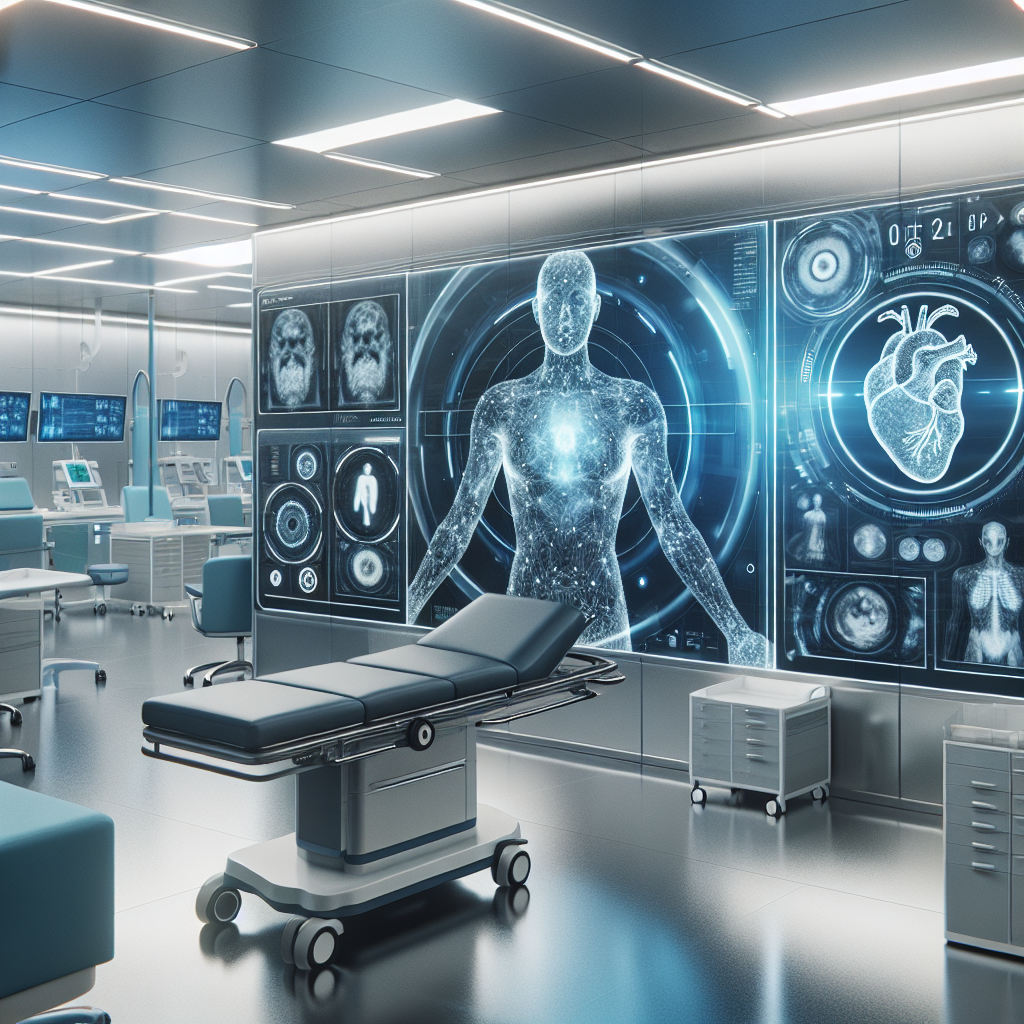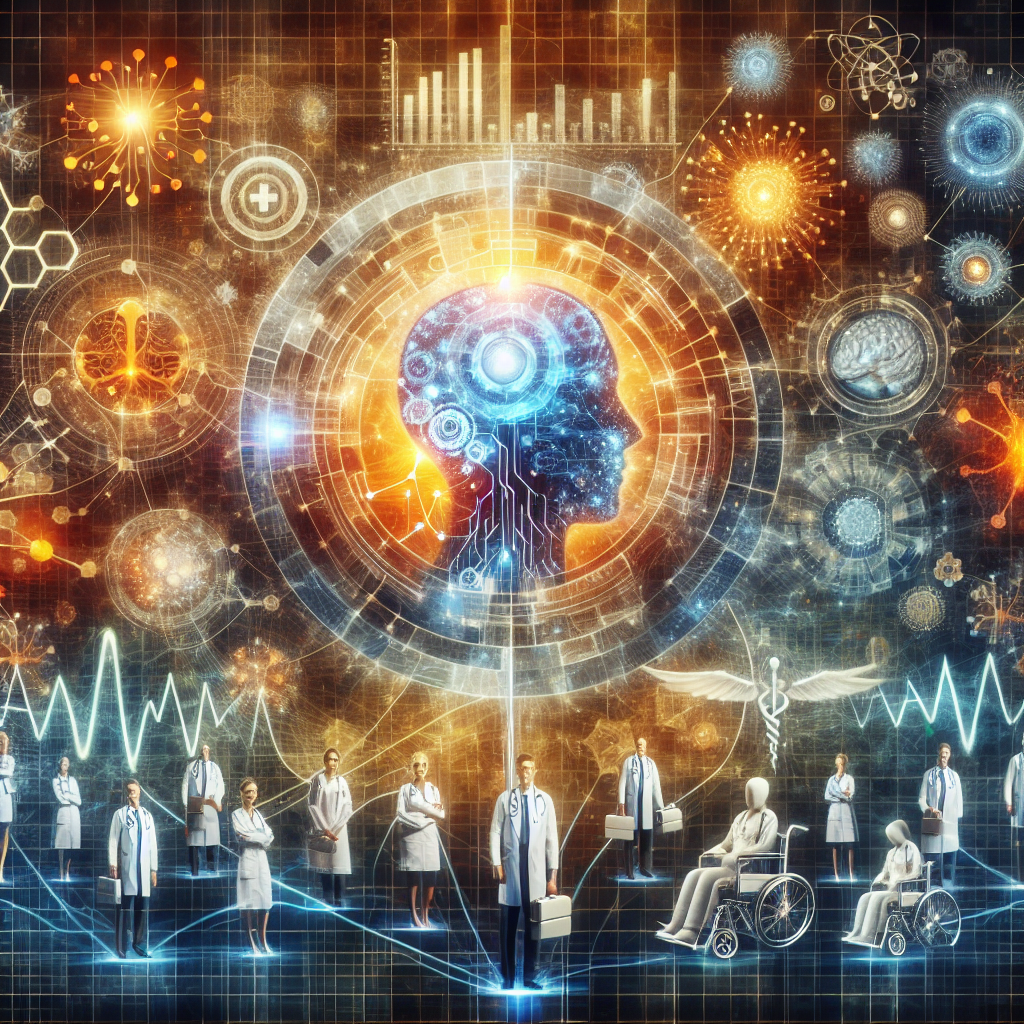Unveiling the Impact: How AI is Shaping Healthcare Outcomes
- Maninder Singh
- Aug 30, 2024
- 2 min read
In recent years, the intersection of artificial intelligence (AI) and healthcare has brought about revolutionary changes, transforming the way patient care is delivered and significantly enhancing health outcomes for individuals. The application of AI in healthcare is paving the path for more personalized, efficient, and accurate medical interventions. Let's delve into how this cutting-edge technology is reshaping the landscape of healthcare.
Enhancing Diagnostics and Early Detection
AI-powered tools are proving to be instrumental in diagnosing diseases at earlier stages with remarkable precision. By analyzing vast amounts of patient data, AI algorithms can identify patterns and anomalies that may escape the human eye. This not only expedites the diagnostic process but also enables healthcare providers to intervene proactively, leading to better treatment outcomes and increased survival rates.

Personalized Treatment Plans
One of the most significant impacts of AI in healthcare is the ability to tailor treatment plans to individual patients. By leveraging machine learning algorithms, AI can analyze genetic, lifestyle, and environmental factors to recommend personalized interventions. This personalized approach not only improves the effectiveness of treatments but also minimizes adverse effects, ensuring better patient outcomes and quality of life.
Streamlining Administrative Processes
Beyond clinical applications, AI is revolutionizing the administrative aspects of healthcare by automating tasks such as appointment scheduling, billing, and medical record management. By reducing the administrative burden on healthcare professionals, AI allows them to focus more on patient care, leading to enhanced overall efficiency and improved patient satisfaction.
Precision Medicine and Drug Development
AI is playing a pivotal role in advancing precision medicine by enabling the identification of specific genetic markers and biomarkers associated with diseases. This allows for the development of targeted therapies that are tailored to individual patients, resulting in more effective treatments and better outcomes. Moreover, AI is accelerating the drug discovery process by analyzing vast datasets to identify potential drug candidates, significantly reducing the time and resources required for research and development.

Remote Monitoring and Telemedicine
The integration of AI into remote monitoring devices and telemedicine platforms has revolutionized how patients receive care, especially in remote or underserved areas. AI-enabled tools can track patient vitals in real-time, detect concerning trends, and alert healthcare providers, enabling timely interventions and proactive management of chronic conditions. This seamless connectivity not only improves patient outcomes but also enhances access to healthcare services for individuals across diverse geographical locations.
Ethical Considerations and Data Security
As AI continues to evolve in healthcare, it is essential to address ethical considerations surrounding patient data privacy and security. Safeguarding sensitive medical information and ensuring compliance with data protection regulations are paramount to maintaining patient trust and upholding ethical standards in AI-driven healthcare practices. By prioritizing transparency, accountability, and data security, stakeholders can harness the full potential of AI while safeguarding patient rights and confidentiality.
In conclusion, the transformative power of AI in healthcare is undeniable, offering a myriad of opportunities to revolutionize patient care, drive medical innovation, and enhance health outcomes. As AI technologies continue to advance, the future of healthcare holds the promise of more accessible, personalized, and effective treatments, ultimately leading to improved health outcomes and a brighter future for patients worldwide.


Comments